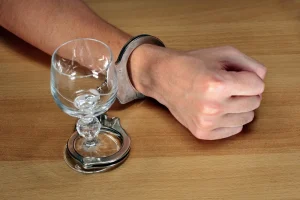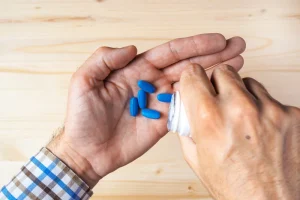
This might mean doing yoga, taking a walk, or practicing meditation instead of relying on the influence of alcohol or drugs. They can slowly erode you mentally and spiritually if you don’t find healthy ways to cope with them. After you’ve answered questions and made lists about yourself, addiction letter to self it is time to set your goals. There are three sets of goals to address in your addiction journal. So sit down and take some time to reflect on what each of these sets of goals looks like for you. Self-guided journaling is the dear diary format most people are familiar with in journaling.
Journal Prompts for Addiction Recovery: Reflective Writing to Aid Healing
- The findings “underscore how negative beliefs about individuals with severe mental illness and substance use disorders may intersect with and exacerbate anti-homeless stigma and behavior,” Kuhn said.
- It’s important to have short-term goals so we can see the immediate benefits of our efforts.
- If you can’t forgive yourself in the recovery process from drug or alcohol abuse, you aren’t going to be able to move forward in a healthy, positive way.
- Tianeptine inhabits a murky space in U.S. drug regulation.
- I can’t possibly understand the fear and pain you felt in those terrifying moments—or what emotions you are experiencing now that cause you to want to keep taking more pills.
Ultimately, journaling enables personal accountability, cultivates coping mechanisms, and celebrates progress. Research has shown that journaling, which involves the use of journal prompts, offers numerous advantages for mental health and overall well-being. Notably, it helps reduce stress, enhances mood, promotes self-awareness, and facilitates emotional healing.
Abuse, and calls to poison centers, have risen
I want to describe my support system and acknowledge the individuals who provide encouragement and assistance. My support system includes family members, friends, therapists, support groups, and mentors. They all play a vital role in my journey towards recovery. John, a recovering addict, used journaling to explore his triggers and cravings. He noticed that cravings often arose when feeling stressed or overwhelmed at work.
Storing, Securing, Saving Lives: Firearm Safety and Suicide Prevention
- Please reach out to our team to learn more about treatment programs for women beginning a journey of recovery and self-forgiveness.
- From reflecting on your journey to recovery to exploring triggers and cravings, each sub-section offers a unique pathway toward healing and growth.
- You can also write about the secondary problems that came about because of your substance abuse issues and why you want to change them.
- Take a moment to think about what kind of day you’d be having if you weren’t in recovery.
- Firstly, let me describe the individuals who offer emotional support and guidance.
- John, a recovering addict, used journaling to explore his triggers and cravings.
By documenting your most significant accomplishments in recovery, you create a constant reminder of your progress and maintain your motivation. Acknowledging your achievements allows you to uplift your spirits and foster https://ecosoberhouse.com/article/the-importance-of-gratitude-in-recovery/ a positive mindset, ultimately enabling you to continue moving forward on your recovery journey. By exploring triggers and cravings, you gain a deeper understanding of yourself and develop strategies to avoid relapse.

Carried Shame

Sober Travel Tips and Strategies for Maintaining Recovery
